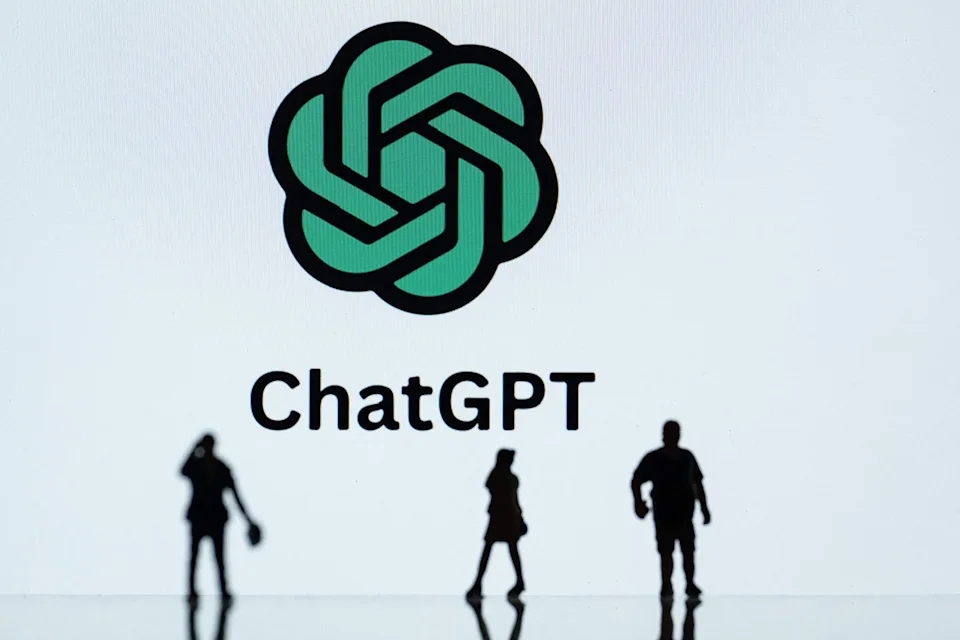OpenAI’s ChatGPT has emerged as a transformative force in artificial intelligence, handling over 2.5 billion prompts daily, equivalent to 912.5 billion requests annually, as reported by Axios and confirmed by OpenAI spokesperson Rob Friedlander to The Verge on July 21, 2025. Of these, 330 million prompts originate from U.S. users, underscoring the platform’s widespread adoption. This marks a significant leap from December 2024, when OpenAI CEO Sam Altman reported 1 billion daily queries, indicating a doubling in usage within eight months.
ChatGPT’s growth trajectory, with weekly active users rising from 300 million in December 2024 to over 500 million by March 2025, signals a shift in how users interact with AI. While Google processes approximately 5 trillion searches annually—averaging 13.7 to 16.4 billion daily, per estimates from NP Digital, SparkToro, and Datos—ChatGPT’s rapid ascent poses a competitive challenge. OpenAI’s advancements, including the July 2025 launch of ChatGPT Agent, a tool capable of tasks like calendar navigation, coding, and online shopping, further expand its utility. Additionally, Reuters reported on July 21, 2025, that OpenAI is preparing an AI-powered web browser to rival Google Chrome, potentially redirecting user interactions away from traditional search engines.
Despite its momentum, OpenAI faces hurdles. A Stanford University study, published in July 2025, highlighted risks with AI therapy chatbots, noting that large language models like ChatGPT may stigmatize mental health conditions or provide harmful responses. This raises concerns about the ethical deployment of AI in sensitive applications. Furthermore, OpenAI delayed the release of its open model, initially planned for mid-July 2025, to prioritize additional safety testing, as announced by CEO Sam Altman. This marks the second postponement, reflecting the company’s cautious approach amid internal challenges, including the departure of key executives like co-founder Ilya Sutskever and CTO Mira Murati, and legal battles over copyright infringement from entities like Ziff Davis and Alden Global Capital-owned newspapers.
The broader AI landscape is also evolving. OpenAI’s partnership with Apple for Apple Intelligence and the release of GPT-4o with voice capabilities in 2024 demonstrate its ambition to integrate AI into daily life. However, competition from Chinese firms like DeepSeek and a reported massive funding round indicate a high-stakes race for AI dominance. Meanwhile, ChatGPT’s “Study Together” feature, spotted by users in July 2025, aims to enhance its educational value, potentially fostering collaborative learning environments.
As AI chatbots like ChatGPT redefine online interaction, their impact on traditional search and news referral traffic is notable. A Similarweb report from July 2025 indicates that while ChatGPT drives more referrals to news sites, it cannot offset the decline in clicks from Google’s AI Overviews, which increased no-click news searches from 56% to 69% between May 2024 and May 2025. As OpenAI continues to innovate, its influence on how users consume, create, and communicate online is undeniable, though challenges in safety, ethics, and competition remain.

